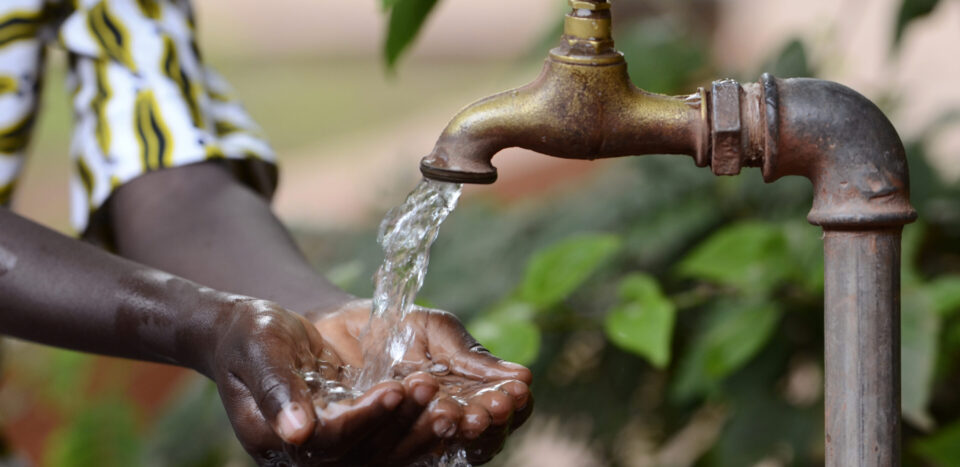Stakeholders in the water, sanitation, and hygiene (WASH) sector are advocating for clean and safe water for approximately 2 billion people worldwide, especially vulnerable groups like women and children lacking access to potable water.
The inaugural National Conference on water, sanitation, hygiene, and climate change, themed “Mainstreaming WASH Into Climate Change,” held in Abuja, gathered representatives from civil society, NGOs, WASH experts, and government officials from various departments, ministries, and agencies.
Dr. Salisu Dahiru, Director General of the National Council for Climate Change (NCCC), affirmed the NCCC’s commitment to supporting the implementation of a roadmap and action plan addressing Nigeria’s WASH challenges, aiming for universal access to sustainable and safely managed WASH by 2030. He highlighted the vulnerability of different community groups in Nigeria to water scarcity and related diseases, citing 26.5 million Nigerian children facing high water vulnerability.
“The National Council on Climate Change remains committed to supporting the implementation of the roadmap and action plan towards addressing the WASH crisis faced by the country and ensuring universal access to sustainable and safely managed WASH services by 2030, in alignment with Sustainable Development Goals (SDGs) 6.1 and 6.2 for water and sanitation.
“Climate-resilient policies are necessary on the path towards achieving sustainable development goals. There is a great convergence between the SDGs and the Paris Agreement. Mitigation and adaptation are taken up in a number of targets under six SDGs other than Goal 13.
“We have gathered here as key stakeholders, and we hold a collective responsibility to chart a course towards a future where access to safe water, sanitation, and hygiene is not a luxury but a fundamental human right, resilient to the impacts of a changing climate. Our task is clear, but the path forward is complex. It demands innovative solutions, transformative partnerships, and unwavering commitment. It requires us to integrate climate resilience into every aspect of our WASH interventions, from infrastructure development to behaviour change communication.
“From access to resources to livelihoods, vulnerable communities are disproportionately affected, notably through its impact on water resources. In the global context, there are 2 billion people without safe drinking water, 40% are affected by water scarcity, and 90% of disasters are water-related. The figures in Nigeria are particularly worrying, with 26.5 million Nigerian children experiencing high or extremely high water vulnerability.
“Nigeria is Africa’s largest economy, with a population of over 200 million and an annual population growth rate of around 2.4 per cent. Despite its abundant resources, over 114 million people lack access to basic sanitation services and almost 50 million, many of whom reside in rural areas, still practice open defecation, as reported by a USAID study in 2022,” the NCCC DG said
Country Director, WaterAid Nigeria, Evelyn Mere, said in her remarks that the conference could not have come at a better time when there is a pressing global concern about the impacts of climate change on communities, ecosystems, and vital resources such as ground and surface water.
According to Mere, Water, Sanitation and Hygiene facilities and services are severely affected by climate change impacts due to rises in temperatures and extreme weather conditions such as flooding and drought, which impact water security, availability and access.
“We recognise the interconnectedness between water, sanitation, hygiene and climate change and how they play a critical role in sustainable development; hence, the theme ‘Mainstreaming WASH into Climate Change Actions.’
This Conference is the climax of a week of very strategic climate change-related activities. These include deliberations of post-COP actions and the inaugural meeting of the Technical Working Group on Climate Resilience and WASH Activities. These are multi stakeholder platforms seeking to mainstream WASH into climate change adaptation.
“WaterAid is proud not only to be associated with these initiatives but also to have an initiative of her own from which the entire sector can benefit, as it is only through collaboration that this can be achieved. The theme for this Conference aligns with the focus of our new 2023–2028 country programme strategy, which is to strengthen the resilience of WASH to climate change.

